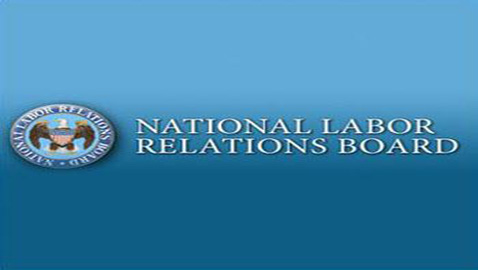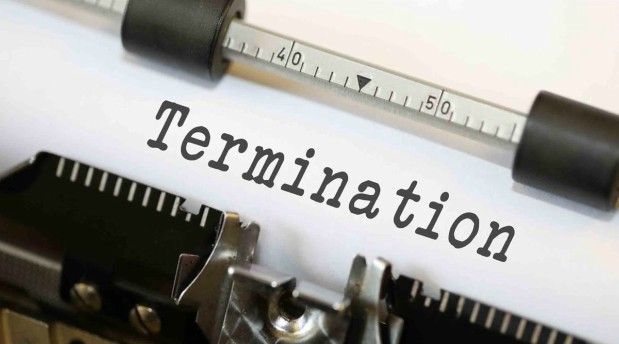NLRB Says Employers Cannot Regulate Employee Workplace Misconduct: Disciplining Them Will Be In Violation of Workers Section 7 Rights
Post Views 2
NLRB’s conclusion came at the end of a case involving Fresenius USA Manufacturing. The company was in the middle of a decertification election and it was becoming a very passionate affair in which the members were participating with a lot of ardor and zeal.
With misplaced fervor, an overzealous union supporter, Kevin Grosso, without revealing his name, wrote vulgar, offensive and threatening statements on several union newsletters leaving them in the restrooms.
The anonymous notes included two that were more offensive and insensitive than others. They said, “Dear Pussies, Please Read” and “Warehouse workers RIP.” Was he encouraging his coworkers or was he threatening them?
The offended workers, especially the females, were outraged and complained to the management that initiated an enquiry, in compliance with Title VII of the Civil Rights Act that prohibits sexual harassment.
When everything pointed towards Grosso’s involvement, he was confronted, but he denied that he had written them. However, when Grosso’s guilt was confirmed beyond doubt he was suspended and discharged for making the statements and then lying about them.
Considering that his behavior was hostile and deceitful, the action that the company took does seem reasonable; however NLRB does not think so.
An initial administrative law judge felt that what the company did was correct and that there was no impropriety in the manner in which the company investigated the matter and that the sacking was also proper.
NLRB Acting General Counsel filed an appeal contending that their internal investigation was within their authority but in terminating the employee they had overstepped it. The Acting General Counsel further claimed that the termination was in infringement of Section 7 of Grosso’s rights that allowed for his ‘protected concerted activity,’ inspite of the distasteful language and threats.
A three member panel determined: “Having found the interrogation lawful, we reject that argument. Nevertheless, Fresenius’ questioning of Grosso put him in the position of having to reveal his protected activity, which Board precedent holds an employee may not be required to do where, as here, the inquiry is unrelated to the employee’s job performance or the employer’s ability to operate its business.”
This could have dangerous implications. Now that the NLRB has protected it, any employee can camouflage his nefarious activities in the garb of ‘protected concerted activity’ and indulge in sexual harassment or create disharmonious environment at the workplace. The NLRB’s conclusion will mean that the company can look into it, but not act upon it. It would not be able to throw out the employee because that would violate the employee’s Section 7 rights.
The business community would do well to understand cases such as these as they set dangerous precedents. Controlling and remedying workplace misbehavior could invite legal action under “protected concerted activity.” This may require some more entries in the Worker’s Handbook; on what workplace behavior is expected of the employees and what will not be tolerated.
Meanwhile one can only hope that some later serious workplace transgression will get the National Labor Relations Board to rethink their conclusion and not make things more difficult for the employers.
NLRB Says Employers Cannot Regulate Employee Workplace Misconduct: Disciplining Them Will Be In Violation of Workers Section 7 Rights by Harrison Barnes


 10 Things to Look for When Hiring
10 Things to Look for When Hiring  10 Steps to Properly Fire an Employee
10 Steps to Properly Fire an Employee  The New Trend of Defamation Lawsuits
The New Trend of Defamation Lawsuits  6 Ways to Make Your Employees Happier
6 Ways to Make Your Employees Happier  When to Visit Human Resources
When to Visit Human Resources  What Does It Actually Cost to Hire a New Employee?
What Does It Actually Cost to Hire a New Employee?  Want to Be a Great Leader? Learn to Listen
Want to Be a Great Leader? Learn to Listen  Cutting Full-Time Employee Hours Can Get You Sued
Cutting Full-Time Employee Hours Can Get You Sued